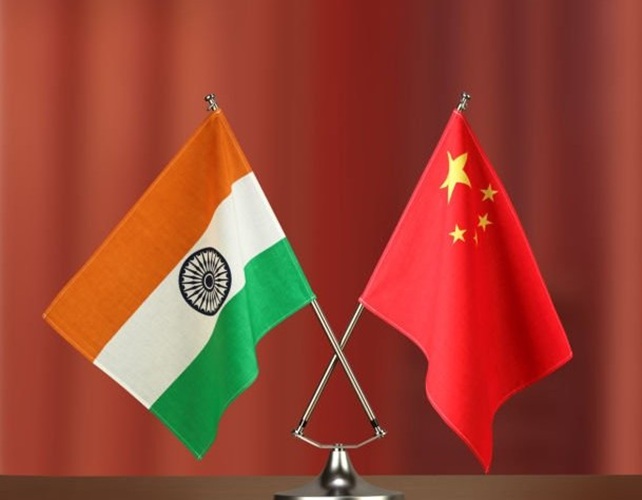India and China have agreed to maintain peace and stability along the Line of Actual Control (LAC) in eastern Ladakh, reaffirming their intent to manage border issues through existing diplomatic and military mechanisms.
The agreement was reached during the latest round of Corps Commander-level talks held on October 25 at the Moldo-Chushul border meeting point on the Indian side.
This was the first high-level military dialogue between the two sides since National Security Advisor Ajit Doval and Chinese Foreign Minister Wang Yi met for the Special Representatives’ talks in August.
According to the Ministry of External Affairs (MEA), the meeting took place in a “friendly and cordial atmosphere,” with both delegations acknowledging the progress made since the 22nd round of talks in October 2024.
“Both sides agreed to continue using existing mechanisms to address ground-level issues and ensure stability along the border,” the MEA said.
The latest discussions come as India and China gradually work towards normalising relations following the end of their four-year military standoff in eastern Ladakh.
The confrontation, which began in May 2020, culminated in a deadly clash at Galwan Valley in June that year, severely straining bilateral ties.
The disengagement process from the remaining friction points at Demchok and Depsang was completed last October, effectively ending the face-off.
Since then, the two nations have taken steps to reopen border trade, boost investment links, and sustain regular communication through diplomatic and military channels.
ALSO READ: Gauhati University refutes claims of unilateral decision-making on honorary degrees
A Chinese defence ministry statement said both sides held “active and in-depth discussions” on managing the western sector of the border and agreed to follow the guidance of their top leaders — Prime Minister Narendra Modi and President Xi Jinping — to safeguard peace and tranquillity.
Despite the disengagement, around 50,000 to 60,000 troops from each side remain stationed along the LAC in eastern Ladakh, pending a broader de-escalation.
The decision to revitalise dialogue mechanisms was initiated after the Modi-Xi meeting in Kazan, Russia, last year, where both leaders agreed on the need for a “stable, cooperative, and forward-looking” relationship.















